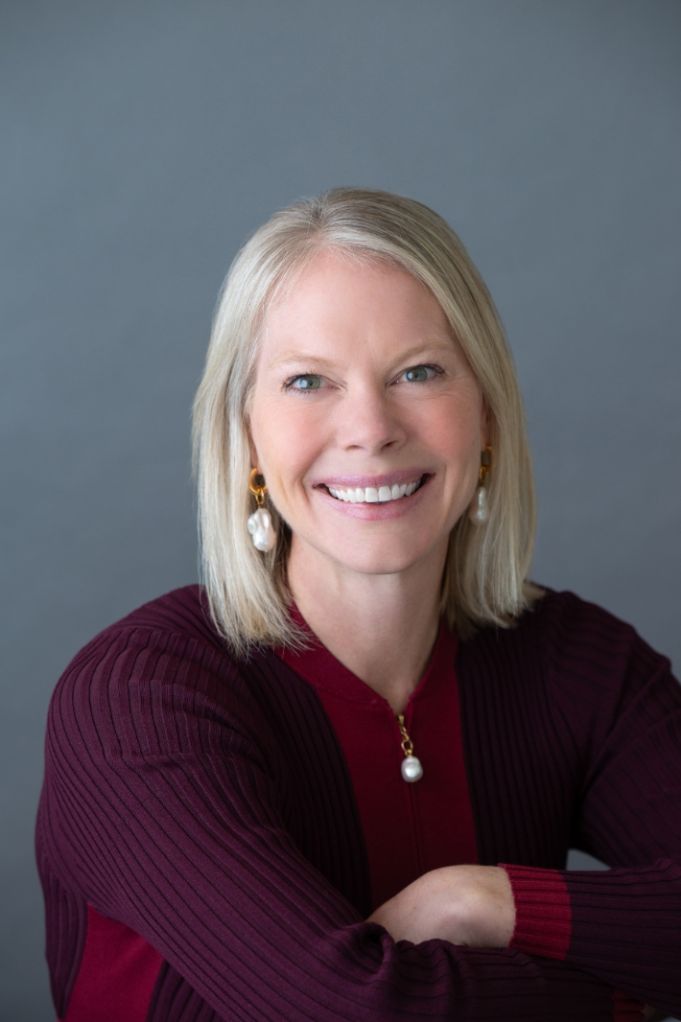
Rebecca Alderfer, MPP
Rebecca has more than 20 years of experience leading strategic efforts across complex systems, advancing impact and resources through philanthropic, private enterprise, and government partnerships, and advocating for change through policy and community leadership. She came to CPCQC from her own consulting firm, Summit View Strategies, where she worked with clients to expand mental health screening and access to care during pregnancy and postpartum for the ZOMA Foundation, test a mental health care strategy for SonderMind, and steer the 2022-2023 Maternal and Infant Health Initiative of the National Governors Association. Prior to starting her firm, Rebecca built extensive experience across the healthcare and social determinants of health spectrum, including guiding US health related foreign assistance at the White House Office of Management and Budget, stemming global infectious diseases through the U.S. State Department, increasing access to dental care for low income people and assessing housing policy during the Great Recession through the Pew Charitable Trusts, and evaluating the capacity of the primary care workforce in Colorado at the Colorado Health Institute.
Rebecca holds a Bachelor of Science degree in Economics from Iowa State University and a Master’s degree in Public Policy from the Humphrey School of Public Affairs at the University of Minnesota.



